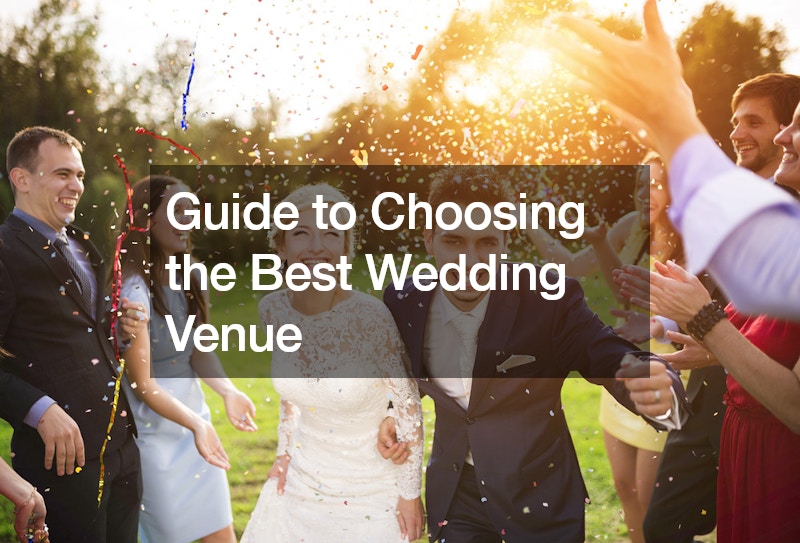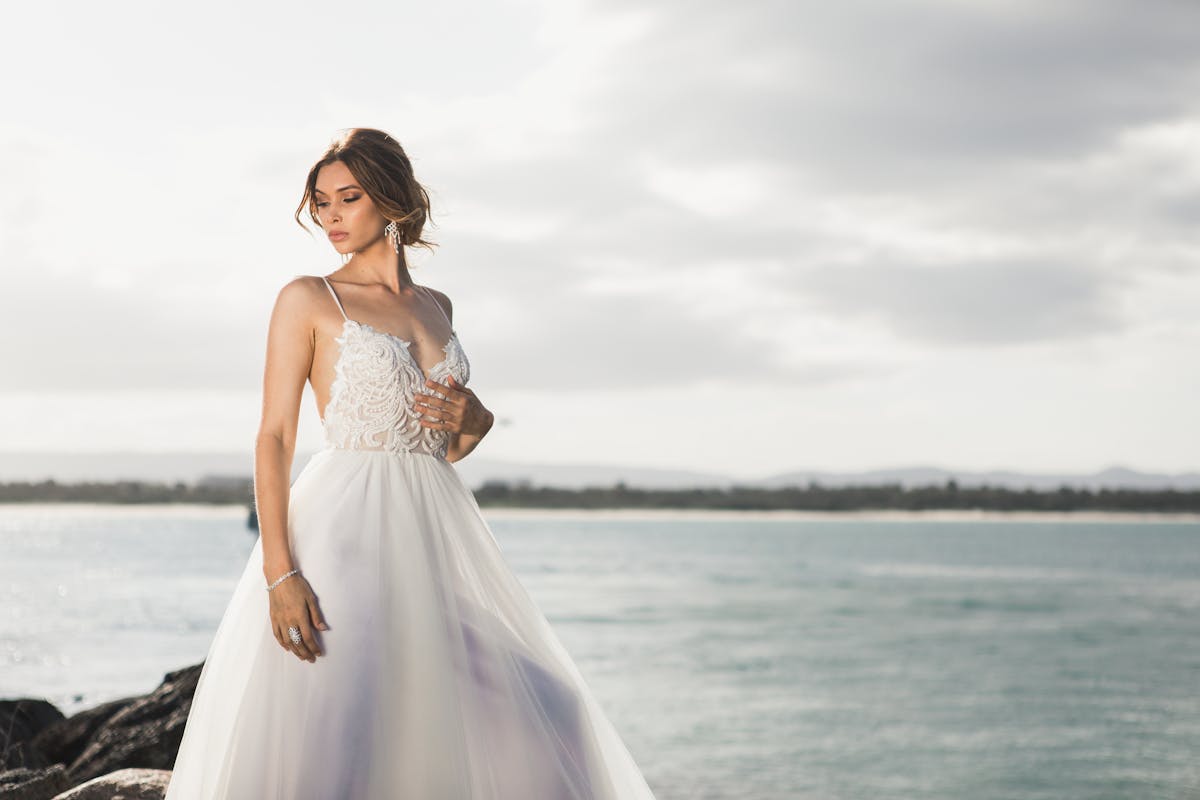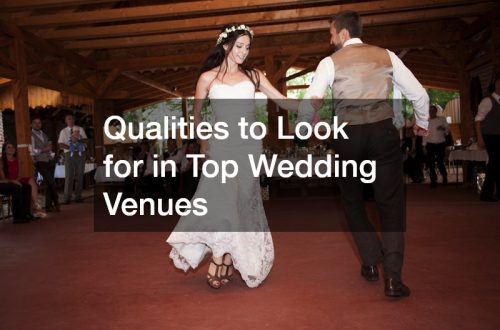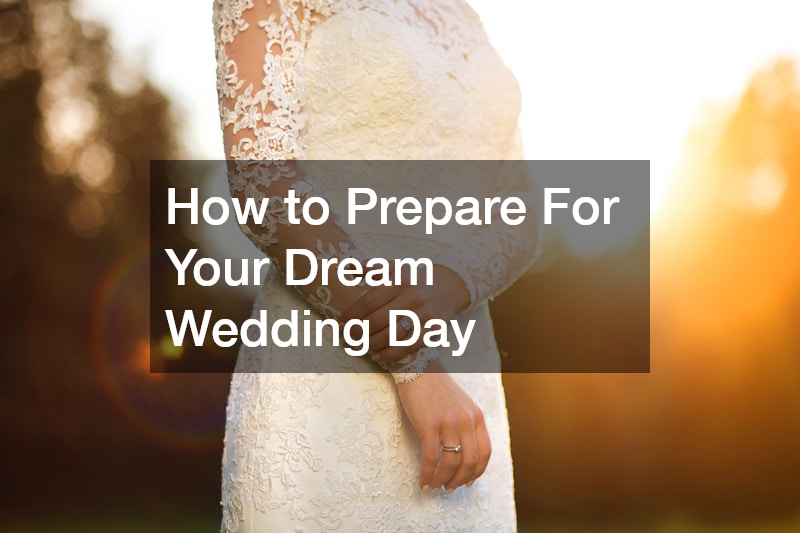
Planning a wedding involves countless decisions, but perhaps one of the most significant choices is selecting the perfect wedding venue. With a myriad of options available, ranging from traditional banquet halls to unconventional locales like museums and botanical gardens, couples are often faced with a daunting task. However, understanding the different types of wedding venues and considering key factors can help streamline the decision-making process and ensure that the chosen venue aligns perfectly with the couple’s vision for their special day.
Traditional Wedding Venues:
Traditional wedding venues encompass a variety of options that cater to different preferences and styles.
Standalone banquet halls offer elegant interiors and fully equipped kitchens, making them convenient choices for both large-scale and intimate celebrations. Bed and breakfasts exude intimate charm, while hotels and resorts boast polished facilities and unmatched convenience, ideal for hosting ceremonies and receptions in one location. Other options include houses of worship, country clubs, historic sites, and even restaurants, each providing unique atmospheres and amenities.
Unique and Unconventional Venues:
For couples seeking something out of the ordinary, there are plenty of unique and unconventional wedding venues to explore. Museums and art galleries offer stunning backdrops and one-of-a-kind atmospheres, while craft breweries and distilleries provide a hip, industrial-chic vibe. Botanical gardens, local state or national parks, and even treehouses offer whimsical settings for couples looking to infuse their wedding with personality and charm.
Budget-Conscious Options:
Budget-conscious couples need not compromise on style when it comes to choosing a wedding venue. Affordable options such as community centers, government or civic buildings, backyard weddings, and neighborhood block parties provide cost-effective alternatives without sacrificing ambiance or aesthetics. These venues offer the flexibility to personalize the wedding while staying within budget constraints.
Key Considerations:
Once the couple has narrowed down their options and selected a few potential wedding venues to visit, it’s essential to schedule in-person visits to get a firsthand look at each location. Aim to visit between five and seven venues before making a final decision, as this will provide a comprehensive understanding of the available options and help refine preferences.
During these visits, couples should pay close attention to various aspects of each venue:
Location: Consider the location of the venue in relation to the ceremony site, reception, and accommodations for out-of-town guests. Accessibility and convenience are essential factors to ensure a seamless experience for everyone involved.
Capacity: Determine the size of the venue and its capacity to accommodate your guest list comfortably. Ensure that the venue can accommodate any additional vendors, such as caterers, musicians, or photographers.
Amenities: Evaluate the amenities offered by the venue, such as catering services, audiovisual equipment, bridal suites, and parking facilities. These amenities can enhance the overall experience for you and your guests.
Ambiance: Pay attention to the ambiance and aesthetic appeal of the venue, ensuring that it aligns with your wedding theme and vision. Consider factors such as lighting, decor options, and outdoor spaces for ceremonies or receptions.
Flexibility: Look for venues that offer flexibility in terms of customization and scheduling. Some venues may have strict policies or restrictions, so it’s essential to clarify any limitations upfront.
Cost: Understand the total cost of booking the venue, including any additional fees or surcharges. Factor in the overall budget for the wedding to ensure that the venue is affordable and aligns with financial considerations.
Space: Evaluate the layout and available space within the venue, ensuring that it can comfortably accommodate the ceremony, reception, and any additional activities or amenities. Consider factors such as indoor and outdoor areas, dance floors, and seating arrangements to ensure adequate space for guests.
Logistics: Consider logistical factors such as parking availability, transportation options, and proximity to accommodations for out-of-town guests. Evaluate whether the venue’s location is convenient and easily accessible for all attendees.
Budget: Keep the budget in mind when evaluating each venue, taking into account not only the rental fee but also any additional costs for services, decorations, or upgrades. Compare the costs of each venue to ensure that it aligns with the overall wedding budget.
Feedback: Finally, gather feedback from venue staff, wedding coordinators, and previous clients to gain insights into their experiences. Ask questions about the venue’s policies, restrictions, and flexibility to ensure that it meets the couple’s needs and expectations.
Conclusion:
Choosing the best wedding venue is a crucial decision that sets the tone for the entire celebration. By understanding the different types of wedding venues available and considering key factors such as location, capacity, amenities, ambiance, flexibility, and cost, couples can make an informed decision that reflects their unique style and preferences. Whether opting for a traditional banquet hall, a unique museum setting, or a budget-friendly backyard wedding, the perfect wedding venue sets the stage for a memorable and magical day.
.






